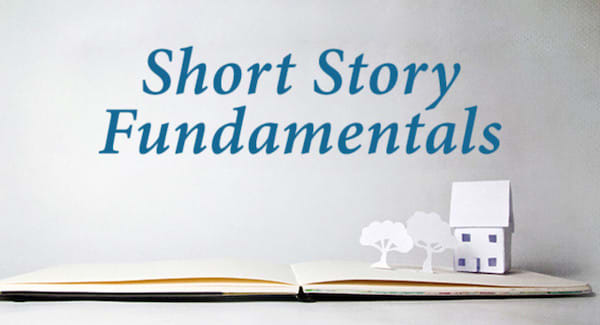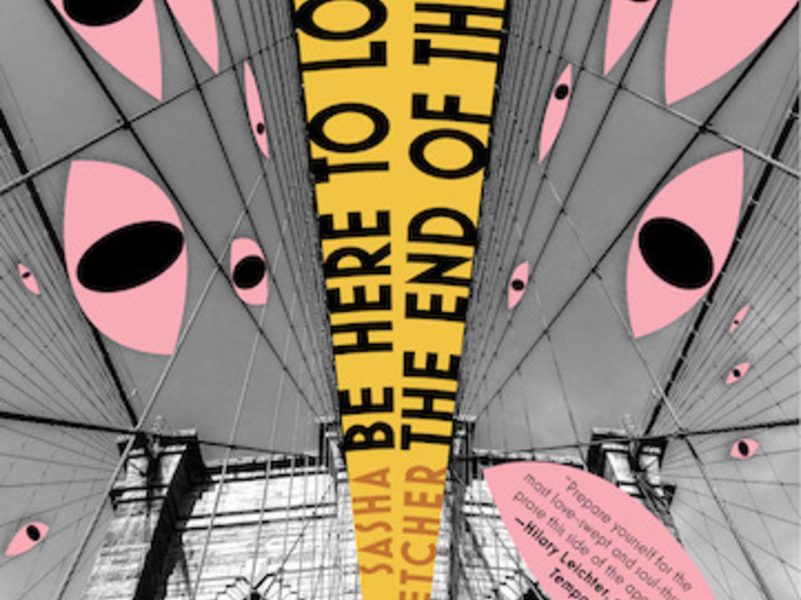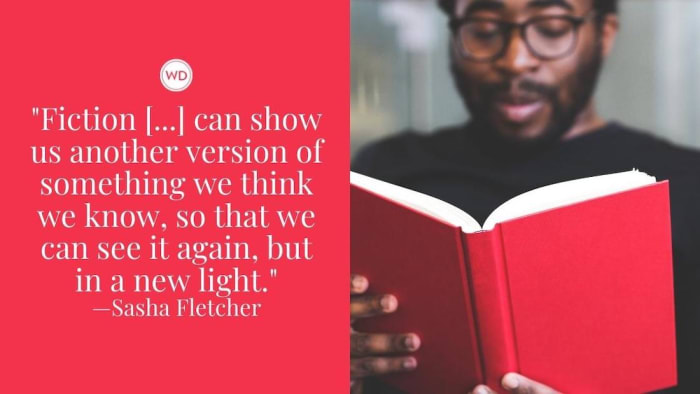How To Write About Love While the World Is Falling Apart
I wrote what I hoped would be a slightly unconventional novel that would ideally be really accessible. It took me a long time to figure out how to do this! Part of the problem was that when I was in middle school and they tried to get us to write short stories, they would tell us to write a summary of what was going to happen and then write the story. This is great! Here’s the problem: If I write out what’s going to happen in the story, then I already wrote the story. I have no idea how to write if I already know what’s going to happen. For me, it means I can’t be surprised, and if I can’t be surprised then the reader can’t be surprised, and nobody will have a fun time, and so then, why bother? So I got rid of the already very loose plot, and I decided to write about the lives of the main characters, and the world around them. It’s a love story set in a bad dream about America.
(The Four Doorways Into Story and How to Use Them to Create a Bestselling Novel)
I wrote about love because I don’t see the point in writing about anything else. The world is falling apart, our government hates us and wants us to die, and throughout the pandemic, communities rose up to save each other, to care for each other, to try to nurture each other. The community fridges in Crown Heights are still going strong today. So I write about love. And every single day, without stop, the world reminds us of the ways in which love may not be enough. So it’s a love story in a bad dream about America, a place where you can never really forget that your homes are built on the blood and bones of the people we killed to move in, of the people we stole to build it all.
IndieBound | Bookshop | Amazon
[WD uses affiliate links.]
The easiest way to write about love is to think about someone you love and to write about that feeling. You approach it from the side, so it cannot see you coming. You don’t write a story about that person, you don’t write about that person, you make up other people, and when you talk about them, you talk about them using the feelings other people give you. What this does is it breaks the feeling down into something else, something that someone else can relate to. We’re all individual people with our own precious and beloved memories, and what fiction can do is it can show us another version of something we think we know, so that we can see it again, but in a new light. And then this opens the world up for us. You can read a book and find a new way to articulate the love you have for others, and there is nothing in the world like that.
I cook a lot. I’m not a great cook, and I don’t have a lot of things I can do, but the things I can do, I can do pretty well. And I always thought it would be fun to try to describe cooking a meal in a way that could be followed along at home. And it’s hard! Because a novel isn’t a cookbook, it’s harder to fluidly break down proportions and ingredients, so you try to remember how you make it. You describe going to the store, getting the ingredient, coming home, washing, prepping, chopping, boiling the water, trying to remember when to start each part of the meal so it all finishes at the same time and everything is the exact right temperature, but you can’t, so you have to tell the reader this, that you’re trying to remember how this goes, this is the joy and beauty of a slightly unreliable close third person narrator, someone who can talk to the reader, who can explain that you, the writer, aren’t always making the right choices, but that you’re trying your best.
It’s something I remember reading all the time as a kid, in the Just So Stories, in fairy and folk tales: a narrator who has something really important to tell you, who wants you to sit down and listen, whose voice can convince you of almost anything. But it’s hard to pretend you have all the answers, that you know everything, even about a world you’re making up, because who can know that much? So you admit you get things wrong sometimes, you can’t always remember it in the right order, it’s your fault, not the story’s. Not everyone’s going to like a book that talks to them like this. But I did, and I do, so probably someone else does too. And maybe they’ll see what I did and how I did it and find a better way to do it. Because that’s what reading does to a writer. It opens new doors.

Throughout this four-week course, you will have feedback and support while you write and hone an entire short story from beginning to end, and you’ll leave with a polished draft of your story. You will get insider information about what editors are looking for in short stories they choose to publish.



